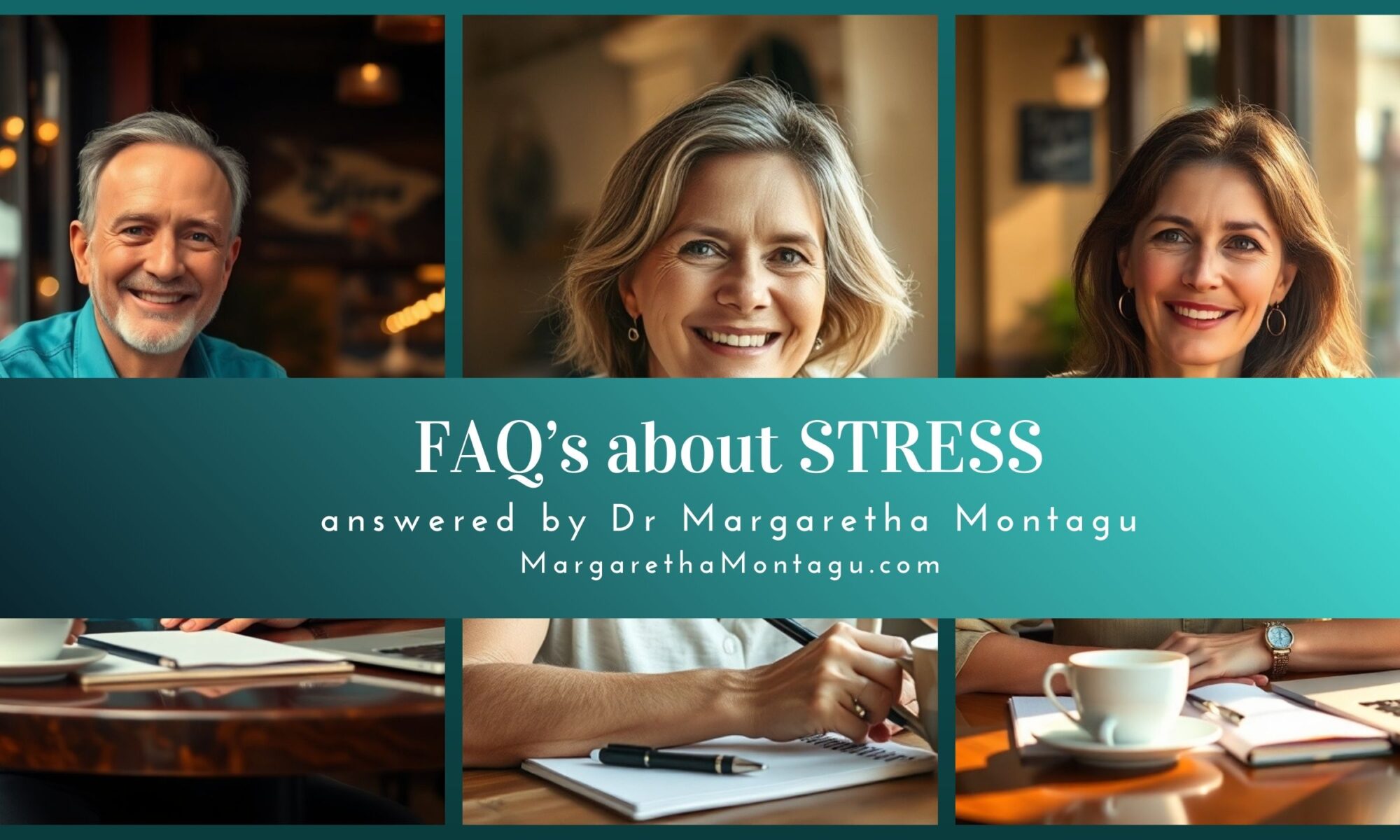I hear this constantly from executives: “I sleep, but I never feel restored. It’s like my brain is still running flat out even while I’m in bed.”
Rachel, a Chief Marketing Officer, described it perfectly: “I go to sleep thinking about the team restructure. I wake up at 3am replaying that tense conversation with the CEO. I check my phone. See seventeen Slack notifications. Then lie there for two hours with my mind spinning before the alarm goes off.”
Sound familiar?
Here’s what’s really happening (and why it’s not your fault):
As a medical doctor, I can tell you why this happens: Stress keeps your nervous system stuck in fight-or-flight mode. Your body is trying to “survive” while you sleep — scanning for threats, ready to respond to the next crisis. Which means you’re never really resting.
Think about it. During the day, you’re managing difficult personalities, making high-stakes decisions, putting out fires. Your nervous system interprets each challenge as a threat. Cortisol and adrenaline surge through your body. Your brain stays hypervigilant.
The problem? There’s no off switch.
Most executives have never learned how to consciously shift from “survival mode” to “recovery mode.” So even when your head hits the pillow, your nervous system is still activated. Your body is literally guarding against dangers that no longer exist.
This is why you can sleep for eight hours but still wake up feeling like you ran a marathon in your dreams. Because in many ways, you did. Your nervous system was working overtime all night.
The deeper issue: Sleep architecture disruption.
When you’re chronically stressed, your sleep cycles become fragmented. You spend less time in deep sleep (where physical recovery happens) and REM sleep (where emotional processing occurs). Instead, you hover in light sleep — enough to be unconscious, not enough to be restored.
This is why more hours in bed doesn’t solve the problem. Rachel tried going to bed earlier, sleeping in later on weekends, even taking melatonin. Nothing worked because she wasn’t addressing the root cause: her nervous system’s inability to downregulate.
You don’t fix this with more hours in bed. You fix it by teaching your body how to switch into recovery mode on demand.
The solution isn’t sleeping harder — it’s recovering smarter.
Stress destroys Lives. To find out what you can do to safeguard your sanity by taking my insight-giving quiz, subscribe to my mailing list.
Here’s what actually works:
The Evening Downshift Protocol (what I teach all my executive clients):
6 PM – Mental Boundary: Write down tomorrow’s top 3 priorities. This signals to your brain that work is contained and planned for.
8 PM – Physical Transition: Take a warm shower or bath. The temperature drop afterward naturally triggers sleepiness by mimicking your body’s natural circadian rhythm.
9 PM – Nervous System Reset: 5 minutes of deep breathing. Inhale for 4 counts, hold for 4, exhale for 6. This activates your parasympathetic nervous system — the “rest and digest” mode.
The key insight? You’re not just preparing for sleep. You’re training your nervous system to recognize safety, to understand that the day’s battles are over, that it’s safe to stand down.
David, one of my retreat guests, implemented this protocol for two weeks. Her feedback: “For the first time in years, I’m waking up before my alarm — naturally — and actually feeling rested. I didn’t realise how much energy I was losing to that constant background anxiety, even in my sleep.”
Why this matters beyond just feeling rested:
When you sleep deeply, everything improves. Your decision-making sharpens. Your emotional regulation strengthens. Your immune system functions optimally. You show up as the leader you’re capable of being, not the exhausted version of yourself you’ve been tolerating.
But here’s the truth most people don’t want to hear:
If you’re a high-achieving executive, “normal” sleep advice won’t work for you. Your brain operates at a different level of complexity. Your stress triggers are more sophisticated. Your recovery needs are more specific.
You need strategies designed for minds that carry the weight of big decisions, difficult conversations, and constant responsibility.
The people who join my Executive Reset Retreats discover something profound:
For the first time in years, they sleep through the night. Not because they’re exhausted from hiking 10km on the Camino — but because their nervous systems finally remember what safety feels like.
Away from emails, away from the constant demands, they experience what happens when their minds aren’t scanning for the next crisis. They wake up naturally, feeling genuinely restored, remembering what it’s like to have energy for the things that matter most.
Another retreat guest told me: “I didn’t realise how much energy I was spending just being ‘on’ all the time. Learning to truly turn off changed everything — not just my sleep, but my entire relationship with stress.”
If you wake up tired more often than you’d like, here’s what I want you to know:
This isn’t about willpower or better sleep hygiene. This is about understanding how high-performance minds work and giving them the specific type of recovery they need.
Your exhaustion isn’t a character flaw. It’s a signal that your nervous system needs support transitioning from its daily high-alert state to genuine rest.
👉 Message me at MargarethaMontagu@gmail.com if this resonates. I’ll ask 3 quick questions about your sleep patterns and energy levels, and share whether my retreats might help you reclaim mornings that actually energise instead of drain you.
Because leading at your level requires more than just getting through the day. It requires waking up with the energy and clarity to create the impact you’re capable of.
The world needs leaders who are genuinely rested, not just functionally caffeinated.
Find out more about how executives restore their energy and reclaim their mornings










Author Bio: Dr Margaretha Montagu – described as a “game changer”, “gifted healer”, “guiding light” and “life-enriching author” – is an experienced medical doctor, a certified NLP practitioner, a medical hypnotherapist, an equine-assisted psychotherapist (EAGALAcertified) and a transformational retreat leader who guides her clients through life transitions – virtually, or with the assistance of her Friesian and Falabella horses, at their home in the southwest of France.

